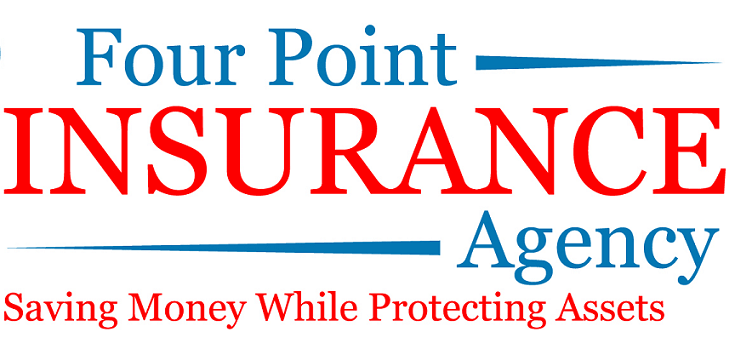
As a private equity firm, what would happen if one of the pensions belonging to one of the businesses within your portfolio incurred a major liability without insurance? How does the risk of an environmental catastrophe involving one of your portfolio partners affect the others or your firm? How much confidential data is your firm responsible for, and what would a breach mean to your partners?
We recently sat down with Amy Gross, leader of Liberty Mutual’s Global Private Equity Practice, to discuss how your private equity firm can mitigate these potential exposures and others by making sure there are no gaps in your coverage. In our conversation, Gross outlines three key reasons why you should make insurance a priority — and offers a solution for making risk management a focus at your organization.
Why should insurance matter to your private equity firm?
Private equity groups are unique in that they don’t just have one organization to look out for, but all the businesses in their portfolio. According to Gross, that makes it even more critical for private equity leadership to invest in insurance. Here are three critical reasons:
1. Mitigating loss across the entire portfolio
Who is ultimately responsible for ensuring that all the partners in a portfolio have plans in place to reduce losses before a crisis or catastrophe occurs? It’s the private equity firm itself. Currently, many private equity groups do not have these plans — a situation that can lead to serious liability issues.
Private equity groups are unique in that they don’t just have one organization to look out for, but all the businesses in their portfolio.
As Gross says, “Private equity firms have a unique experience when it comes to insurance. You’ve got the insurance on the firm itself, but they also have insurance on all their investments across their portfolio. We’re seeing more and more firms shift to looking at the insurance protection and the total spend they have across their investments to make sure that they truly are protected in the event of a large loss.”
2. Added quality and control
Private equity leaders have an eye on the future — and that means their exit strategy should include ways to boost their investors’ profits by reducing their buyers’ uncertainty.
“Some private equity businesses are really starting to push for better quality and better controls across their portfolio companies. An example of that is in the cyber space, where a lot of these investments are small, midsize portfolio companies, that maybe don’t have the best cyber controls,” Gross notes. “With the scale of the portfolio, the firm can push better quality and controls, which impact the insurance due to fewer losses and better pricing. Ultimately, when they go to exit these deals, it’s more money back in their investors’ pockets.”
3. Creative solutions to tricky problems
In the event that something does occur involving one of your portfolio businesses, your group will have a solution ready.
“We’re seeing more and more firms shift to looking at the protection and the coverages that they have across their investments, to make sure that they truly are protected in the event of a large loss.”
“Partnering with an insurer like Liberty Mutual helps you come up with creative solutions,” says Gross. “It’s not just about the statutory coverages or the obvious coverages that come off the shelf. But when you have a problem — like reputation damage — you need someone who can ask: is there a way to solve that problem with insurance?”
Appointing someone to be responsible for insurance
Many private equity groups have assigned the task of managing insurance to a procurement officer or CFO. The problem? Those leaders may only think about insurance when it’s time to renew, or worse, when it’s time to deal with a problem. According to Gross, they should consider going a step further to protect themselves by appointing one of their professionals to be responsible for insurance across the portfolio.
“Having someone dedicated to insurance, such as a risk manager, is really important, because it’s somebody who understands insurance,” says Gross. “They can look at the aggregated spend, understand who their top partners are, and make sure coverages are adequate.”
Many private equity groups have recognized that it’s not enough simply to have insurance coverage for their organization and the companies in their portfolio.
An added bonus of having someone dedicated to insurance is that they serve as a single point of contact who can address the coverage quality across the portfolio and determine how to prevent losses. “They will understand both the needs of your private equity firm and your portfolio partners,” says Gross. “And they can translate those needs to their broker and carrier partners to create unique insurance solutions.”
Creating stronger private equity portfolios with your insurance partners
From cyberattacks to environmental issues, and from reputation harm to lowered values, the next crisis for your private equity firm — or a portfolio company — might be right around the corner. Partnering with an insurer to make insurance a strategic part of your business model will result in a stronger firm — and a stronger portfolio. As Gross says, “If you have somebody focused on the insurance space, then you can focus on partnering with your carriers to come up with creative solutions that ultimately add value to your investors.”
